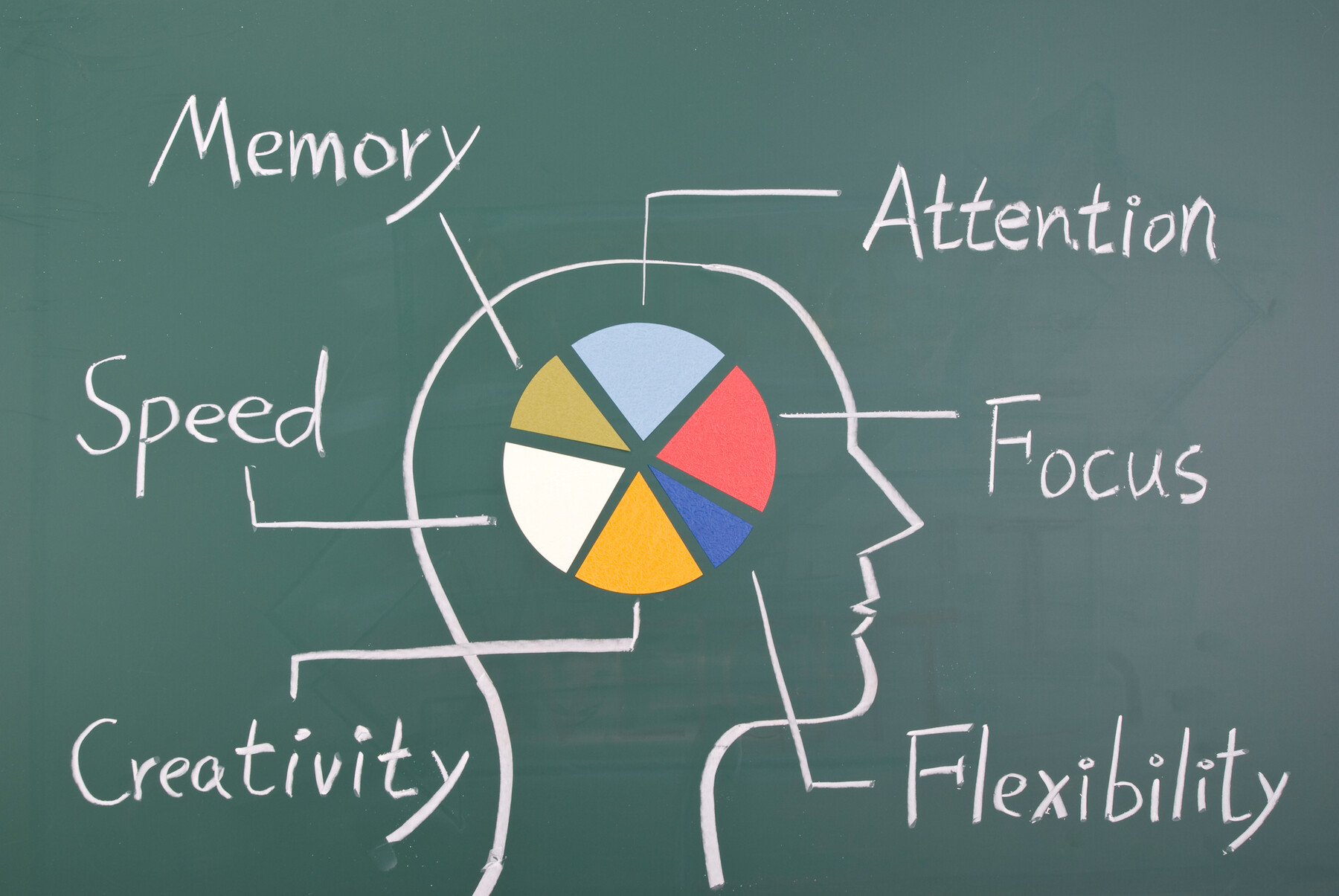7 Ways to Embrace the Joys of Aging
Aging is a natural part of life, but how we approach it can make all the difference. While society often highlights the challenges that come with growing older, there’s another side to the story...

As we grow older, the structure of our brain changes which may potentially affect our thought process and memory. Brain health can be impacted by a variety of factors including age-related changes and these age-related changes are often the most noticeable.
According to the National Institute on Aging, brain health refers to how well a person’s brain functions across several areas, such as cognitive health (how well you think, learn, and remember), motor function (how well you control your movements and balance), and emotional function (the way you interpret and respond to emotions).
Some factors affecting mental wellbeing may be unavoidable, however, there are many lifestyle changes that may make a difference and slow potential decline. In addition, studies show that healthy lifestyle habits not only support cognitive health but also dramatically reduce the risk for Alzheimer’s disease.
Below are a few ways to support cognitive function and boost your brain power.
As you may already know, creating a daily routine may help you deal with uncertainty, reduce stress, or keep anxiety at bay. In other words, a well-designed daily routine will enable you to stay engaged with familiar activities that bring you joy and elevate your spirits. From making a cup of coffee every morning to doing laundry on a specific day, spending time with friends or attending a concert every weekend, sticking to a routine can give our brains a sense of comfort, stability and control.
Studies show that good cardiovascular health is usually associated with better cognitive function. Therefore, it is crucial that not only older Americans, but people of all ages maintain healthy blood sugar, cholesterol, blood pressure levels, and weight. Consult with your physician who will make specific recommendations on how to improve or manage your cardiovascular health and keep your blood pressure levels in a healthy range. In other words, a stronger heart can keep your brain young.
If you have cravings for unhealthy foods, it may be a good time to upgrade your diet and improve your eating habits. Your brain health depends on your meal plan as illustrated by EverydayHealth. Based on many findings, it is best if your diet includes green leafy vegetables, berries, and some seafood. You may also consider the Mediterranean diet featuring vegetables, healthy fats, or low-fat dairy. Please note that before embarking on a new diet, it is recommended to consult with an experienced nutritionist or your primary care provider who will work with you to build a balanced diet that will boost your brain power and contribute to your overall good health. Furthermore, it is important to remember that water is a main component of the brain and staying hydrated is crucial to your wellbeing.
The importance of addressing hearing loss cannot be overstated. Research shows that this problem may potentially result in a higher risk of cognitive decline. Here is what happens: part of the brain responsible for processing sound and speech starts to weaken if not treated properly. Remember, the longer hearing loss has gone untreated, the harder it may be to adapt to hearing aids. Therefore, as soon as you start to notice signs of hearing impairment, be sure to seek medical attention and get adequate treatment with some form of hearing assistance technology.
At first glance, taking care of your brain health or boosting brain power may seem to be quite overwhelming. That said, preserving your mental capabilities is easier than you might think as suggested by EverydayHealth. In fact, taking small steps towards brain health can be fun. Remember, it’s the small changes that add up overtime. Making them part of your routine can help you function better and live a more fulfilling and productive life. Keeping your mind active and sharp is as important as maintaining your physical health.
###
The information in the above article is not intended nor implied to be a substitute for professional medical advice, diagnosis, or treatment. Always seek the advice of your physician or other qualified health provider with any questions you may have regarding a medical condition or beginning any exercise program.